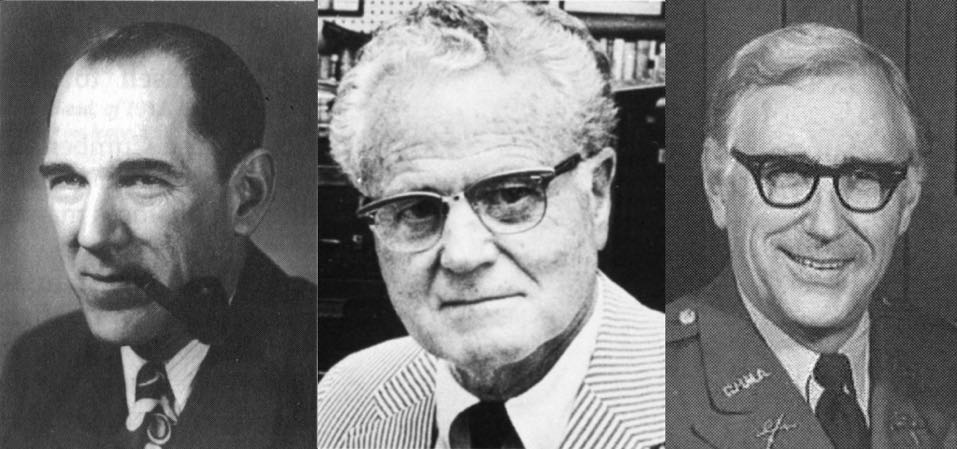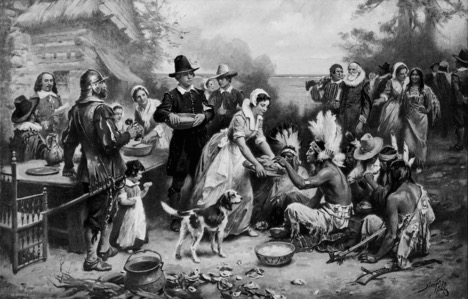This morning, i shared a photo of Col. JB Leftwich i had put on Facebook five years ago. The link attached to the memory doesn’t work. It was a Lebanon Democrat work and apparently, the new owners of the newspaper did not transfer older editions with Coach’s columns and mine. The below is my column from the bad link in the . As i said, i wish i could sit down with him on that back porch room and talk to him, with one of Glen Ed’s dirty martinis of course, and discuss the state of journalism, especially print journalism, and sports. He inspired this column:
Notes from the Southwest Corner: A ride down another memory lane
SAN DIEGO – After six months of pretty frenetic travel, my wife and I are back in the Southwest corner for what could be as much as three months.
I am not sure what to do with myself.
There are all sorts of things I need to do. This retirement thing is so full of medical checkups, administrative requirements, honey-do’s, home projects, keeping track of family and friends, and, of course, golf. Then, there is this column I write every week. I feel like the Haigha, the March Hare in “Alice in Wonderland,” running hither and yon yelling “I’m late, I’m late.”
As I mulled over all of this last week, I also attacked my “to-do” list. One item was to ensure my old files, contacts, and ticklers were not required from my last employer, Pacific Tugboat Service. Thursday, I gathered up my laptop and headed toward the bay.
As I drove down my hill, I decided to bypass the freeways even though I was late enough to miss the dreaded Southwest corner commuter traffic. I wanted to drive the roads that have been part of my life on and off for forty years. I took the back roads.
As I turned down my alternate route, the back way as we used to say, I thought of JB Leftwich, “Coach” as I and other journalists from Castle Heights called him. He wrote a beautiful column for this newspaper about 40 years ago. His path led from his home on Castle Heights Avenue through a winding route to the Methodist church, then on East Main next to the post office. Coach reflected on what used to be at various sites along his route.
Coach’s route was two miles. Mine was close to 13…so I drove. But I reflected on what used to be much like Coach must have done on his hike.
I headed northwest from Chula Vista to National City. Both were sleepy little residential bedroom communities when I first came to the Southwest corner. Both still have small pockets of small homes, typical of houses built in the 1950s. Chula Vista has grown into a major city in its own right and continues with continual development of the 100,000-acre ranch once owned by the Scripps family. National City is auto dealerships and industrial businesses with those residential pockets decaying and slowly giving ground to commerce.
When I reached the waterfront, I turned north on Harbor Drive. The Naval Station’s southern piers used to be for the Mothball Fleet. Decommissioned ships, mostly destroyers from World War II, silently held vigil over that end of the bay. They had been weather proofed for a possible later call to action. No one was on the piers except for a lone guard.
Later, the mothball fleet was mostly scrapped with a few moved to other locations. The Mothball Fleet is now located in Philadelphia, Pa.; Bremerton, Wash.; Suisun Bay, Calif.; and Pearl Harbor. Active ships, mostly amphibious ships moved to the southern piers. My favored route to work 30-40 years ago was through the back gate, opened only for a few hours at the beginning and end of the workday. The route was not well known, and I could slide in and out while avoiding the mass of traffic at major gates.
Driving north, I shrugged. Modern has replaced shabby. Training buildings, well-appointed maintenance facilities, and a dental command are where old boats and landing craft were strewn haphazardly in weedy lots on the “dry side,” inland from my route. Now the gates to the “wet side” are modern, expensive technical security wonders. Base security civilians and “aquaflage” uniformed security Navy personnel man the gates. Sharply dressed marines with snappy salutes were the sentinels back when.
Officer, chief, petty officer, and enlisted clubs have been replaced by a few and little-used “all-hands” clubs. The gate itself touts the new Navy. Just past the entrance is roundabout with a an impressive flag display.
The Navy has changed. Like it’s surroundings and entrances, today’s Navy is more efficient; more technically savvy; in its way, more pin-pointedly lethal; safer; and more politically correct. Until my latter years on active duty, it was ribald; labor intensive; a work hard, play hard bastion of…well, sailors being sailors. Today it is more a social engineering system, embroiled in political positioning and using weapon technology “platforms.”
In truth, it is a much better Navy. On my drive of memories, I accepted I liked the old Navy better.

